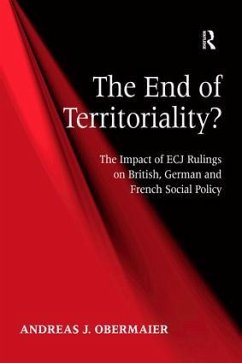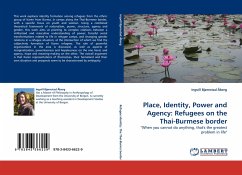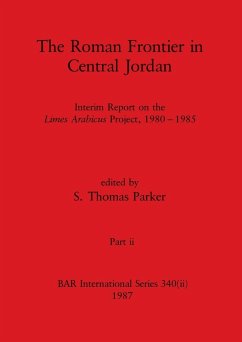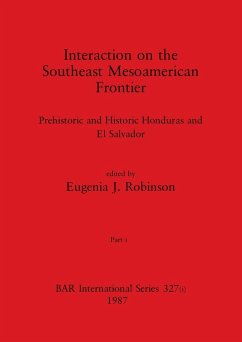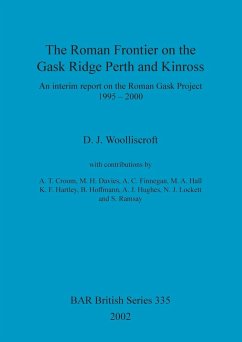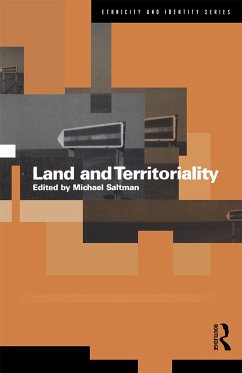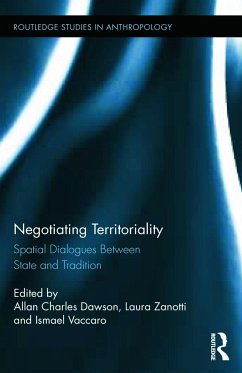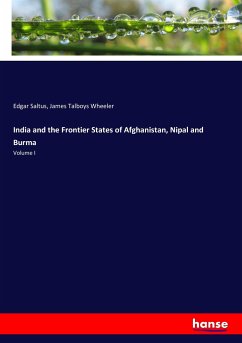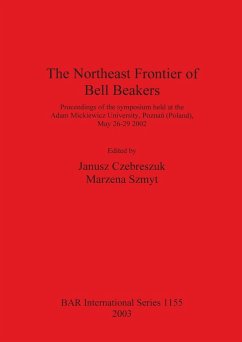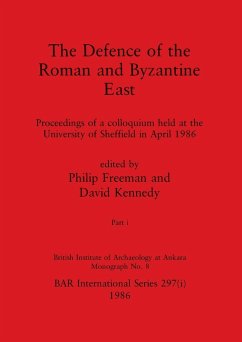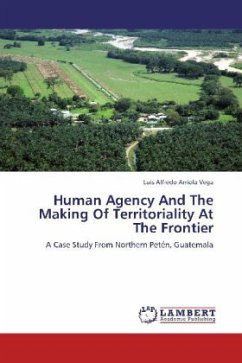
Human Agency And The Making Of Territoriality At The Frontier
A Case Study From Northern Petén, Guatemala
Versandkostenfrei!
Versandfertig in 6-10 Tagen
52,99 €
inkl. MwSt.

PAYBACK Punkte
26 °P sammeln!
This work deals with the unfolding of territoriality, that is, social control of space, in a frontier area located in northern Petén, Guatemala at the close of the 20th Century. The relationship between people who take part in the process and the different driving forces that shape the progression of territoriality shifts according to the sway these forces exert, whether it is the impact of war, the influence of a foreign population, or control by the central state. The connection between the state and homesteaders is at the center of the main research inquiry. The state has dealt variously w...
This work deals with the unfolding of territoriality, that is, social control of space, in a frontier area located in northern Petén, Guatemala at the close of the 20th Century. The relationship between people who take part in the process and the different driving forces that shape the progression of territoriality shifts according to the sway these forces exert, whether it is the impact of war, the influence of a foreign population, or control by the central state. The connection between the state and homesteaders is at the center of the main research inquiry. The state has dealt variously with populations in this territory via contrasting measures, from plain neglect to the use of outright force. In turn, settlers have negotiated their relationship with the state either by avoiding it or looking up to it, through versatile strategies of agency, as needed. A model of evolving land use and land possession types shows the particular ways human agency consolidates territoriality. Results from this investigation shed light on issues of current concern to the social sciences, namely, the occupation of frontier regions, state-civil society relationships, and land issues.



